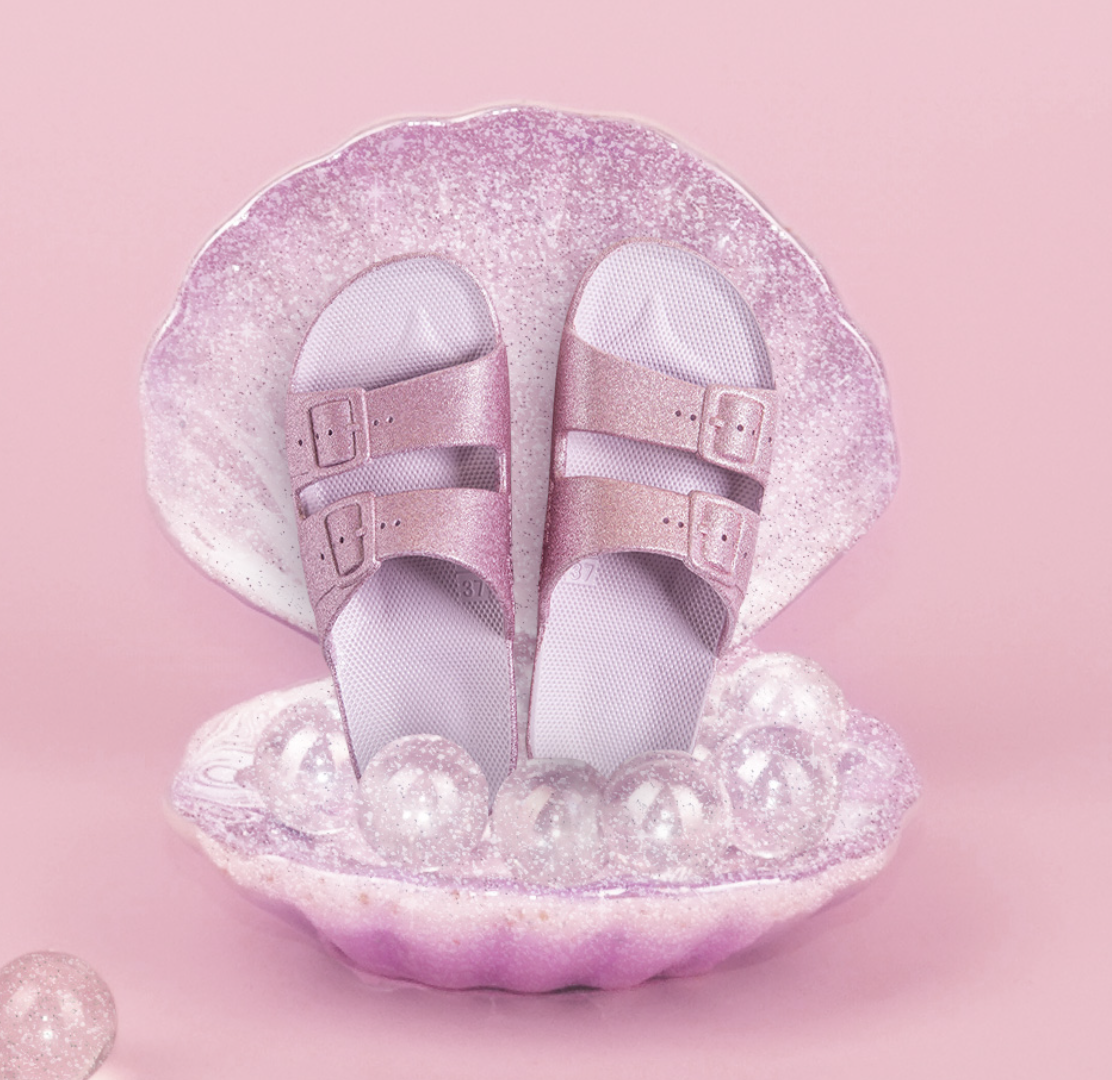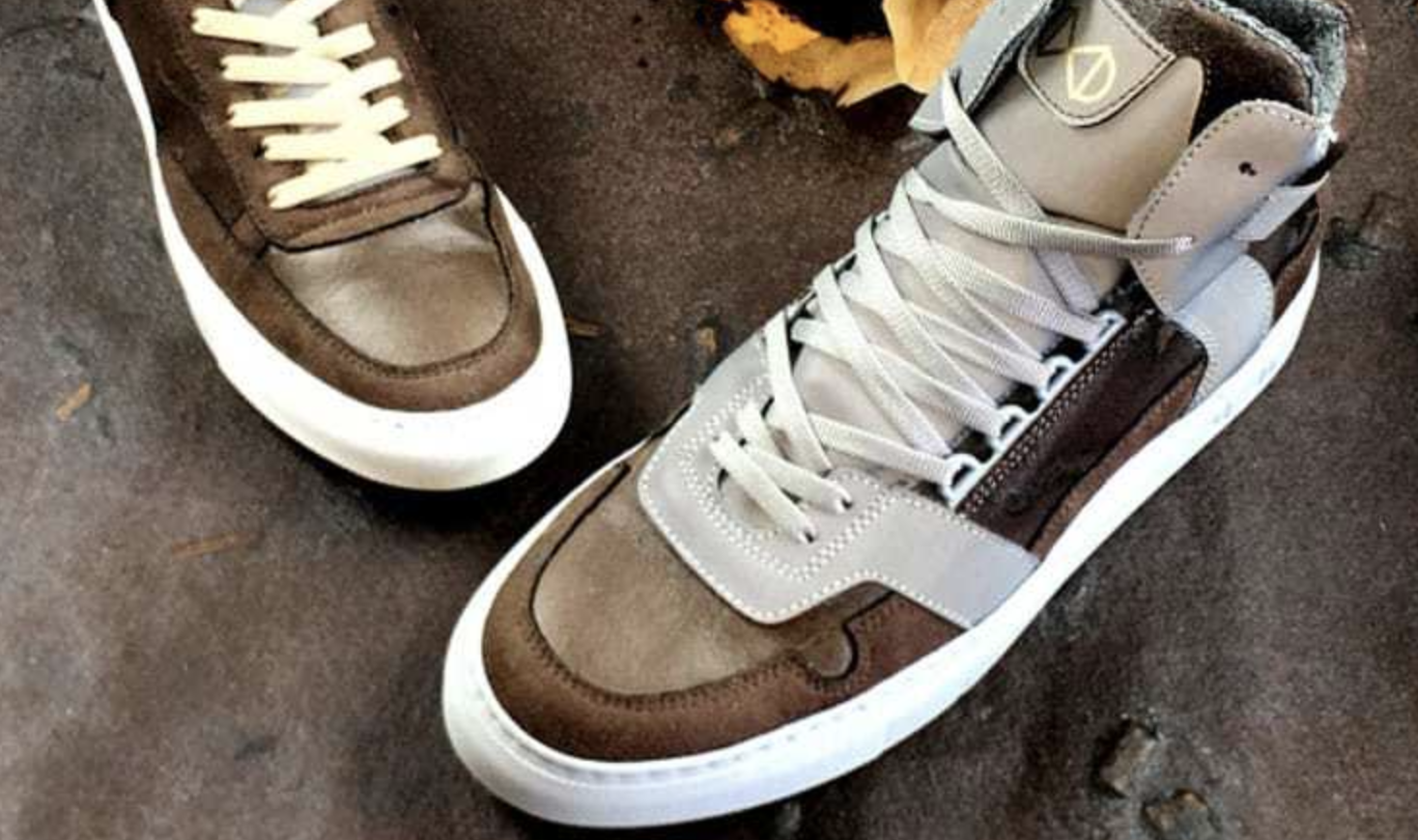Since the transition of vegan fashion from a niche to a mainstream trend, vegan shoes have become increasingly popular among consumers. A large number of new vegan footwear brands are launched every year, indicating that the vegan footwear industry is growing at a rapid pace. Vegan shoes, whether they are trainers, hiking boots, or stilettos, are becoming increasingly popular among both manufacturers and consumers.
If you are in the process of putting together a vegan wardrobe, shoes will be an important component of your collection. As a result, we’ve put together this helpful guide to assist you in selecting, purchasing, and wearing vegan shoes effectively and efficiently.
Why aren’t all shoes vegan?
To answer your question, they would most certainly be present in our world if they were. As a result, many of the shoes available on the market are unfortunately non-vegan due to the fact that we do not live yet in a vegan world. Due to the fact that leather is used in a variety of shoe designs, including boots and heels, this is the case.
A total of over one billion animals are killed every year because of the use of leather in the fashion industry, making it the most lethal material ever used. However, leather can be derived from a variety of animals, including sheep, pigs, goats, and other species. Cows account for the vast majority of the leather produced. Leather can also be made from the skins of animals such as dogs and cats, which is a little-known fact. There is a high rate of mislabelling in the leather industry, and there is frequently no way to tell exactly what or who you are wearing when you purchase leather clothing.
Leather is not only a non-renewable resource, but it is also a significant source of pollution in the environment. Agricultural production is one of the most significant contributors to global climate change, and leather is a component of animal agriculture in the same way that meat, dairy products, and other products are. Approximately 80 percent of Amazonian deforestation rates are attributed to cattle ranching, which also includes leather production.
Aside from the primary material, shoes can contain smaller components such as glues, which can in some cases be derived from animal byproducts in the production process. This is a difficult question to answer because, in many cases, not even the company itself can be certain whether glues derived from animals were used in the production of the product. Some certifications, such as the PETA-Approved Vegan logo, provide assurance that products do not contain any materials or substances derived from animals or that they are cruelty-free.
What is the best way to tell if my shoes are vegan?
The fact that many brands are proud to advertise that their shoes are made of “genuine leather” should make things easier for you in general. On leather products, such as tags and labels, it is common to find an indication that the product is made from animal skin. These labels make it easier for vegans to distinguish between vegan and non-vegan materials and to avoid using non-vegan materials whenever possible.
A small symbol on the label of some shoes indicates whether or not the shoe is vegan, while others have no such symbol at all, making it difficult to tell the difference between the two. The use of animal skin was used to create any symbols that appear to be cowhide-shaped. A symbol in the shape of a diamond or one that resembles a net, on the other hand, indicates that the materials were created by human hands.
What types of materials are used in the production of vegan shoes?
After all, there are a plethora of animal-derived materials that are used in the production of shoes, so you might wonder what vegan shoes are made of. There are a variety of possible responses to the question. Some are straightforward, while others are cutting-edge in their approach. The shoe industry has relied on vegan leathers produced by humans for many years to fill a variety of roles.
Polyurethane or PU
It is made of high-quality plastics and is commonly used for the uppers and soles of vegan shoes. PU (polyurethane) is available in a variety of colors and textures, making it a popular alternative to real leather. While the tanning of leather requires harsh chemicals and large amounts of water, not to mention the fact that it comes from a dead animal, polyurethane is unquestionably the more environmentally friendly option in this case.
Cotton
Given the breathability of cotton, it makes for excellent vegan shoes for the summer. Cotton is a soft and breathable material that makes for excellent vegan shoes for the summer. Organic cotton is a wonderful renewable resource that is gaining in popularity as the world goes green. Because of its comfort, it is a popular material for vegan shoes for women, as well as for vegan shoes for formal occasions such as work or other formal events. It is, on the other hand, difficult to waterproof, which can be a disadvantage in some circumstances.
Natural and Recycled Rubber
Natural rubber is derived from the rubber tree and is commonly found in the soles of vegan shoes for men, where it is used as a substitute for leather in the construction of the soles. In addition to being extremely environmentally friendly, it can also be repurposed. So some vegan shoe brands go the extra mile and only use recycled rubber for the soles of their shoes, as a result of the increased awareness. In addition to being long-lasting and completely cruelty-free, this material is also incredibly versatile.
Cork
Because of its organic and natural properties, cork has become a popular material for vegan shoes as a result of its popularity. In terms of its intended use, it has a number of appealing characteristics. For example, it is lightweight and fire-resistant, among other things.
Because it is breathable and has anti-bacterial properties, it is a popular material for vegan wedges and vegan sandals because it is lightweight and breathable. When done correctly, it gives a shoe that all-natural appearance that people adore and appreciate.
A second breakthrough in the field is apple leather, a material made from dried apple peels that can be used to make shoes. These vegan accessories are made primarily of this non-toxic, animal-free material, which is used primarily in the production of vegan accessories by niche vegan brands. Neither toxic chemicals nor PVC are used in the production of this cactus leather, apple leather, or similar materials.
Are vegan shoes environmentally friendly?
Despite the fact that everything we produce will have some sort of impact on the environment, vegan leather, particularly plant-based vegan leather, is a more environmentally friendly alternative to animal leather than leather derived from animals. Leather has been identified as the most polluting fabric in the fashion industry, with a score significantly lower than that of nylon, polyester, and polyurethane, according to the Environmental Protection Agency. No amount of emphasis can be placed on the negative environmental impact of raising animals for human consumption, which is why leather cannot be considered a sustainable building material. Positively, environmentally friendly materials are becoming increasingly popular, resulting in a greater variety of options being made available to consumers in today’s marketplace.
Conclusion
Footwear that is both ethical and environmentally friendly has seen a significant increase in popularity in the last few years. As well as providing a solution to the issues that many vegans are experiencing, these ethically produced items have sparked a new trend in cruelty-free fashion. After a period of time in which you have been following a plant-based diet, it is now time to take the next step and adopt a vegan lifestyle completely.



Speak Your Mind